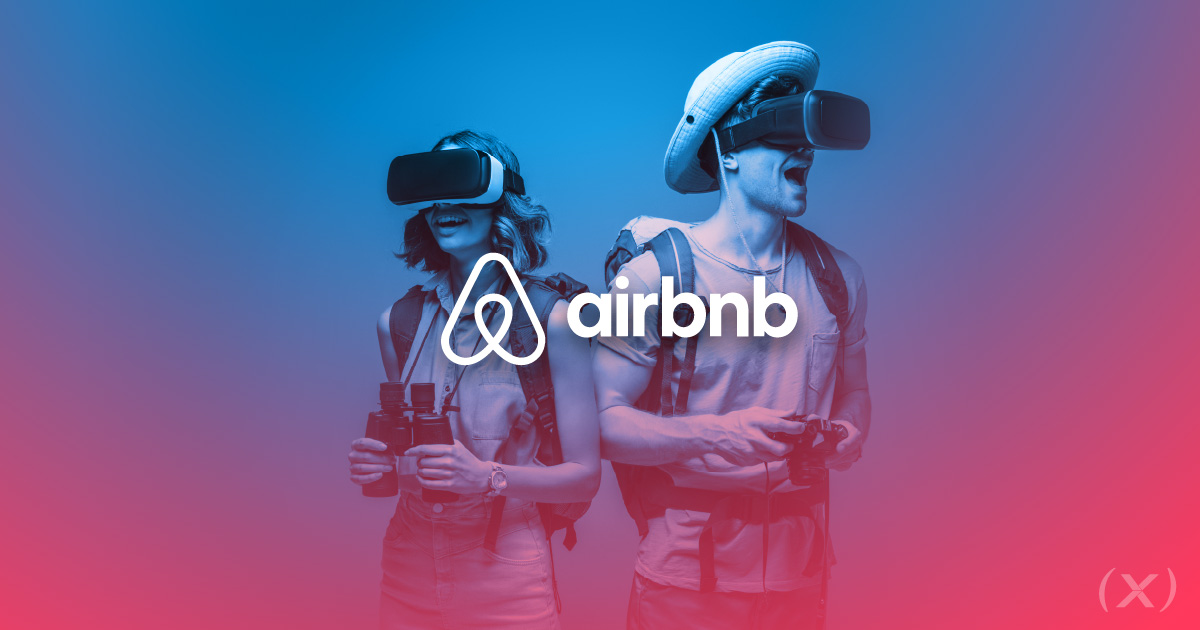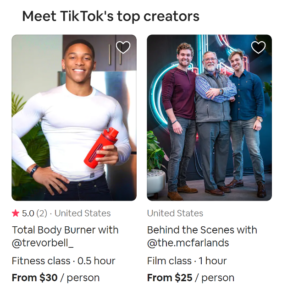
By Julie Wright

Most of us have used AirBnB for accommodations and experiences over the years, but with the pandemic devastating in-person travel, the company has pivoted to virtual experiences.
Pre-pandemic, AirBnB had planned to go public this year, projecting a $30 billion valuation. Post-pandemic, it had to make an abrupt pivot in its financial strategy and its customer experience. Now valued at around $18 billion, AirBnB has had to take on a $1 billion loan and $1 billion of investment financing.
Faced with these challenges, the company’s CEO, Brian Chesky, told himself, “Do more than people expect, be remembered for how we conduct ourselves, be nimble, pivot to where we think the world is going.”
So, what did Airbnb do? It pivoted its real-world experiences to the virtual world. Initially, the program launched with over 50 options that started at $10 and up per person, and included the typical live-streamed happy hours, performances, and cooking classes. But today, AirBnB’s Online Experiences section is a cornucopia of lifestyle activities, featuring workouts and dance lessons with TikTok stars, Sangria and Secrets with Drag Queens, or, for the more macabre crowd, the Follow a Plague Doctor through Prague tour.
AirBnB has taken its share of criticism for how it has handled the challenges of COVID-19 on its business model, workforce, guests and hosts, but the company has been inventive and on brand with its pivot to quirky, original online experiences. And now, word is that AirBnB’s IPO is back on!
Work From Home Becomes Work From Hotel
The traditional travel and hospitality industry is pivoting as well.
Day use options for hotels, like La Jolla’s La Valencia, are a new trend. A limited number of daily resort passes are available for those who want to enjoy the resort’s amenities, while remote workers looking to make their “home” offices more pleasant can book La Valencia’s Office by the Ocean package, which provides a desk and gorgeous ocean view from 7 a.m. to 7 p.m.
As businesses let their office leases go, many hotels are positioning themselves as substitutes for the office board room. Hotels that can best streamline and simplify the experience for businesses will capture more market share and exit the pandemic having expanded, not contracted. There are already a number of platforms, like LiquidSpace and PeerSpace, that make booking meeting spaces online as easy as AirBnB made booking residences.
The pandemic is the ultimate platform for business disruptors; considering historic successes and failures like Netflix’s rise and Blockbuster’s decline, savvy hotel operators need to match AirBnB’s pivots toe to toe as we proceed into 2021.
Julie Wright is a Partner in (X)


